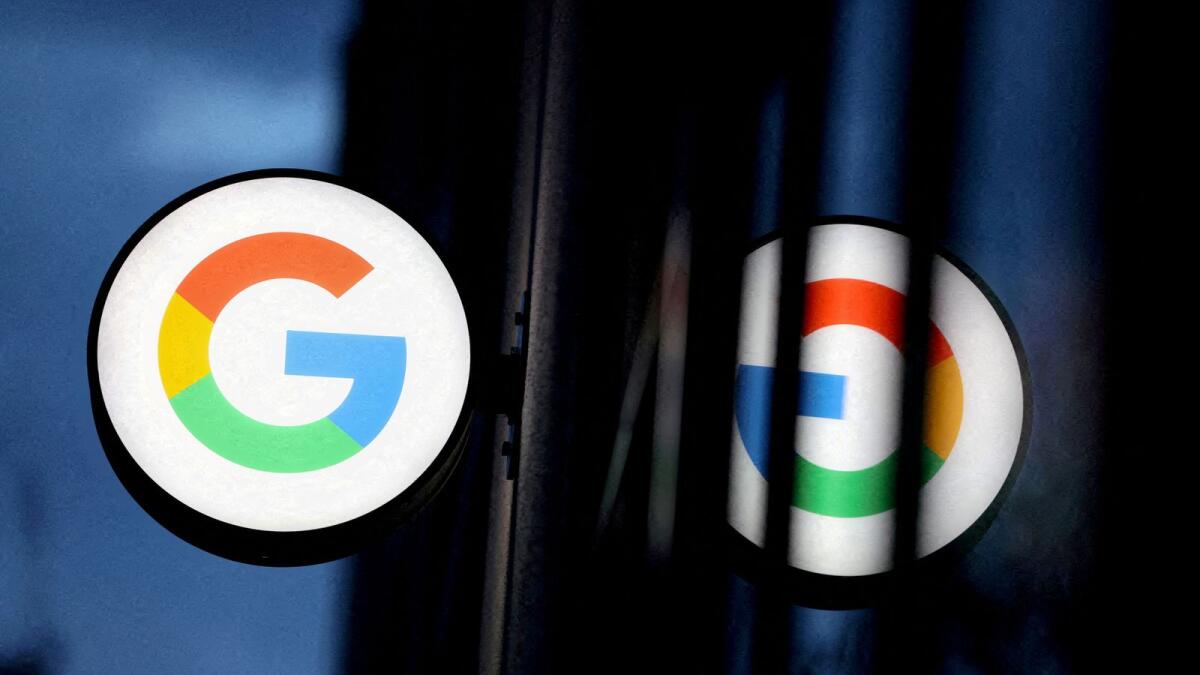Google, the world’s most popular search engine, lost its battle against a 2.42 billion euro fine imposed by EU antitrust regulators seven years ago. This is one of the multiple fines imposed on the company for anti-competitive behavior. The European Commission fined Google in 2017 for unfairly using its price comparison shopping service to gain an advantage over smaller European competitors. Despite Google’s appeal to the Luxembourg-based Court of Justice of the European Union, the decision was upheld by lower tribunal.
The CJEU judges clarified that EU law prohibits the abusive exploitation of a dominant position in the market, rather than the existence of a dominant position itself. They emphasized that any conduct by dominant undertakings that hinders competition on merits and harms other undertakings and consumers is prohibited. Google has accumulated billions of euros in EU antitrust fines over the past decade, challenging rulings related to its Android operating system and AdSense advertising service. The company is currently awaiting judgments on these cases and is also facing antitrust charges that may require it to sell part of its adtech business.
Google’s ongoing legal battles with EU antitrust regulators are a significant concern for the company, as it continues to face hefty fines and potential divestitures. The latest ruling by the CJEU reaffirms the EU’s commitment to ensuring fair competition in the market and preventing abuse of dominant positions. Google’s dominance in the search engine market has led to scrutiny from regulators worldwide, with the company facing similar antitrust investigations in other regions as well.
The implications of the CJEU ruling on Google’s future business operations are yet to be seen, as the company navigates through legal challenges and regulatory scrutiny. The fines imposed by the EU are among the largest ever levied on a tech company, signaling a shift towards stricter enforcement of antitrust laws in the digital economy. Google’s reputation as a dominant player in the tech industry is at stake, as it must comply with EU regulations and address concerns raised by regulators regarding its competitive practices.
The CJEU’s decision highlights the importance of maintaining a level playing field in the digital market, where dominant players must not abuse their position to stifle competition. Google’s actions have raised concerns about fair competition and consumer choice, prompting regulators to take action against anti-competitive practices. The ruling serves as a warning to other tech giants operating in the EU, emphasizing the need to comply with antitrust regulations and protect fair competition in the digital ecosystem.
In conclusion, Google’s legal battle with EU antitrust regulators underscores the challenges faced by tech companies operating in a highly competitive market. The CJEU’s ruling reaffirms the EU’s commitment to promoting fair competition and preventing abuse of dominant positions. Google must now navigate through legal challenges and regulatory scrutiny, as it seeks to address concerns raised by regulators and comply with antitrust laws. The outcome of these legal battles will have significant implications for Google’s future business operations and its reputation as a dominant player in the tech industry.











